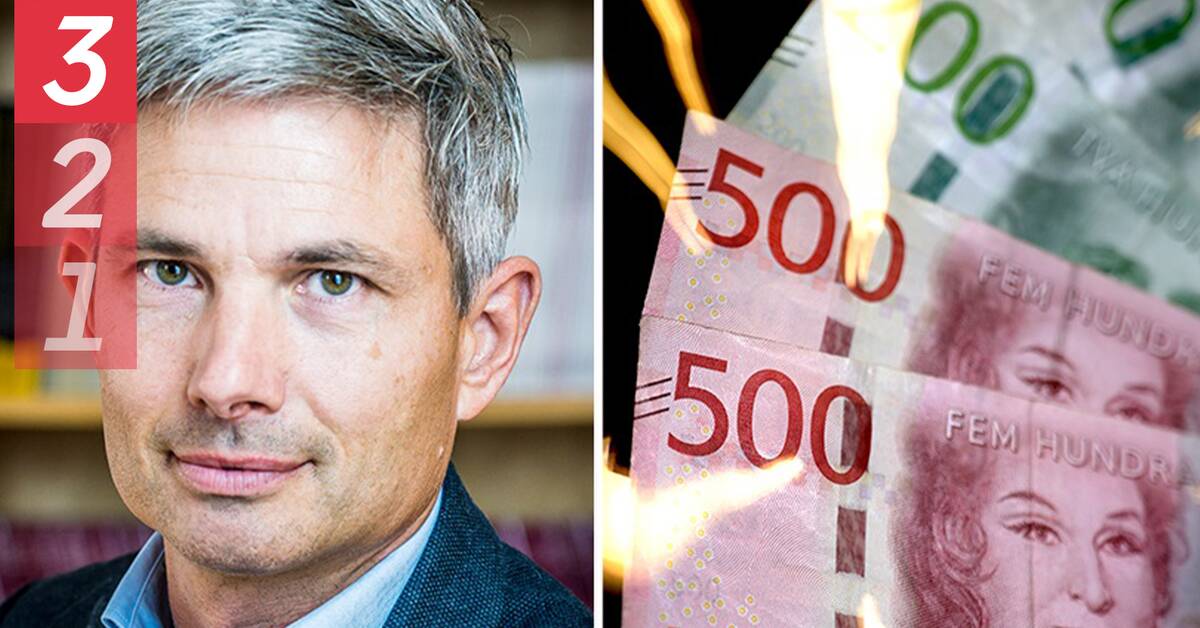The economic standard of the median Swede has increased by almost 70 percent since the 1990s.
But while absolute poverty is decreasing, relative poverty is increasing.
- The increase in income is primarily due to sales profits, which lead to increased capital income.
But we have also had some people who lost their jobs during the corona crisis, says Daniel Waldenström.
Capital income in particular is very concentrated among those who have the most in society.
And the tenth of the population with the highest incomes were also those who saw their incomes increase significantly more than the rest of the population in 2021.
- I can say this, 2021 was a very good year to be rich, says LO economist Anna Almqvist.
Biggest income gap in over 40 years
Statistics Sweden has measured the income statistics with the so-called Gini coefficient, a key figure that describes income differences.
The higher the value of the gini coefficient, the more unevenly the income is distributed.
The highest possible value is 1. In 2021, Sweden landed at 0.333, which is the highest level since the measurements started in 1975.
But there is no reason to worry.
According to Waldenström, on the contrary, it is "quite natural" as the income differences mainly depend on disposable incomes, which can be problematic for the statistics.
- It can be about a house that you have owned for 30 years, while you are on a low income.
But in the particular year you sell the house, it looks like you are a high-income earner of several million, he says.
The economist: You get participation in our rich country
The so-called absolute poverty measures how many people cannot afford basic expenses such as rent and electricity.
Relative poverty means that one has an income of less than 60 percent of the median income in the country.
According to Statistics Sweden, the median salary in Sweden was SEK 33,200 in Sweden in 2021, with a small difference between women and men.
- People who live in today's Sweden have participation in our rich country.
Children do not have to pay to go to school and have free healthcare, says Daniel Waldenström.
Anna Almqvist agrees that welfare is important to equalize living conditions, but believes that at the same time you have to think about who in society may lag behind in development.
- When more and more of the values created in society go to those who already have the most, then it is a problem, she says.

